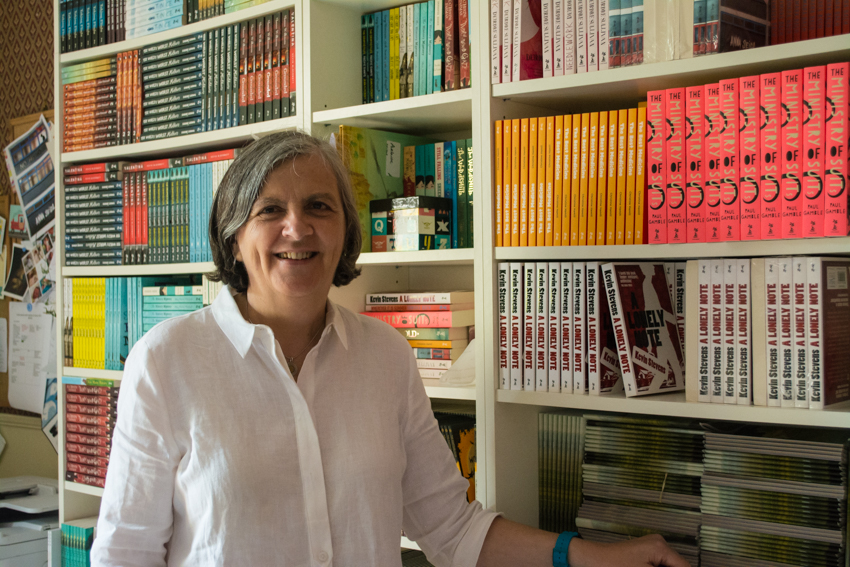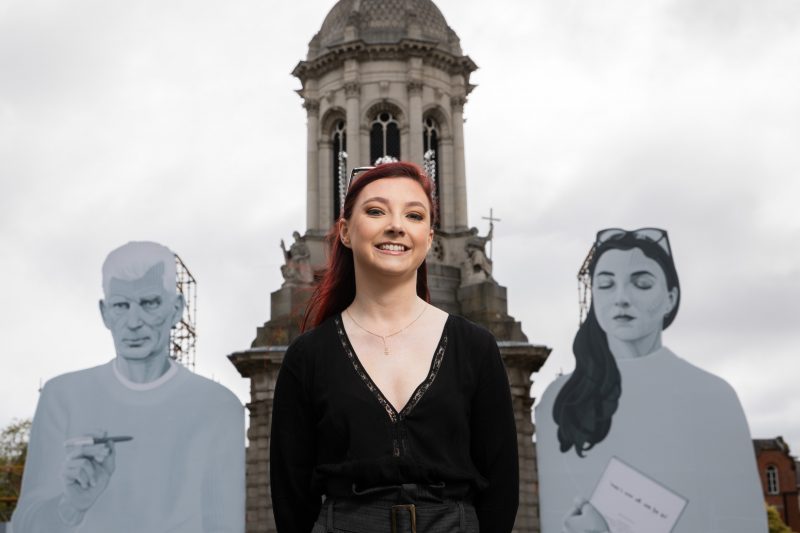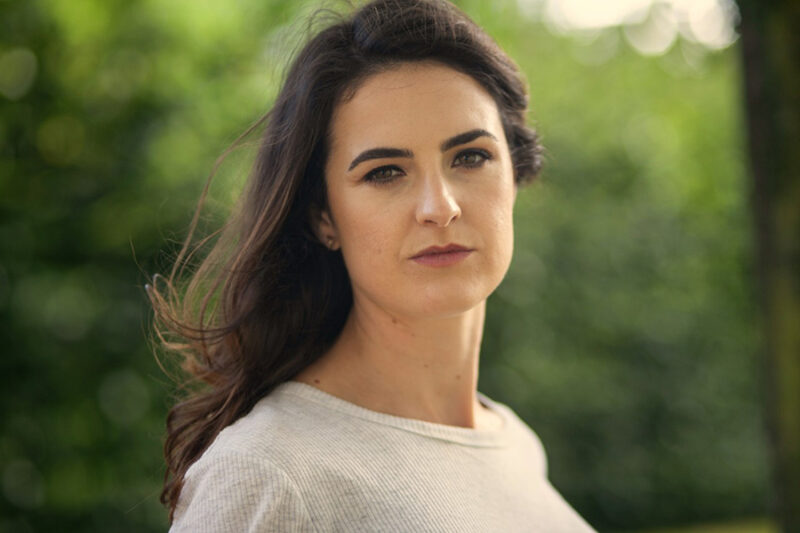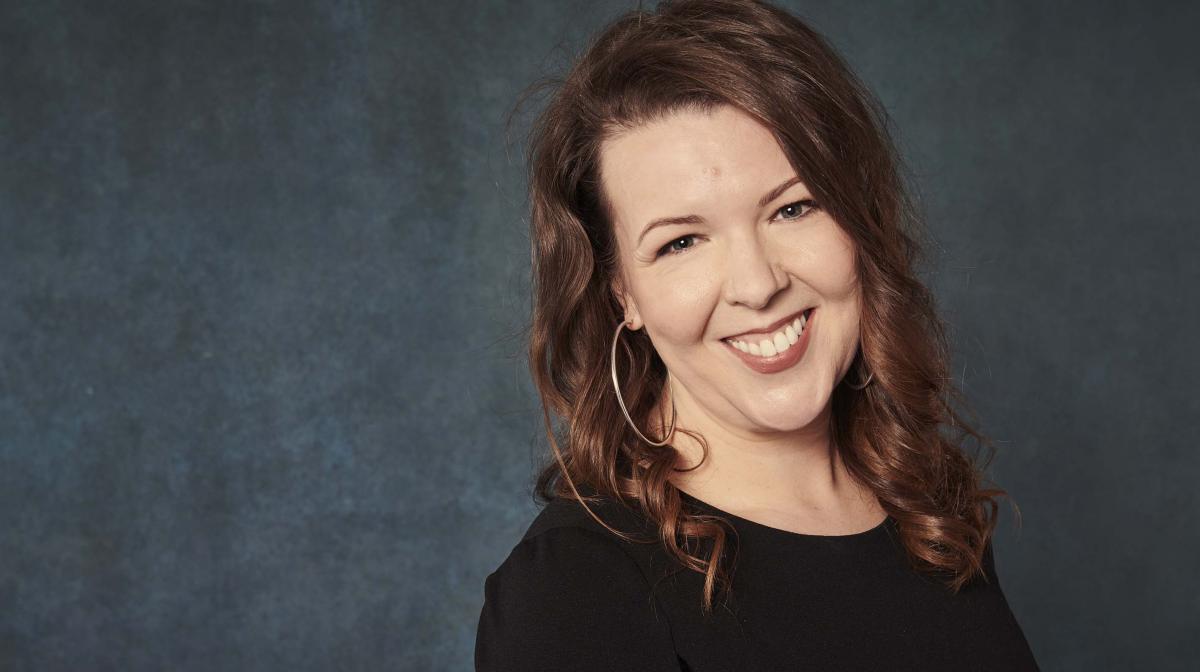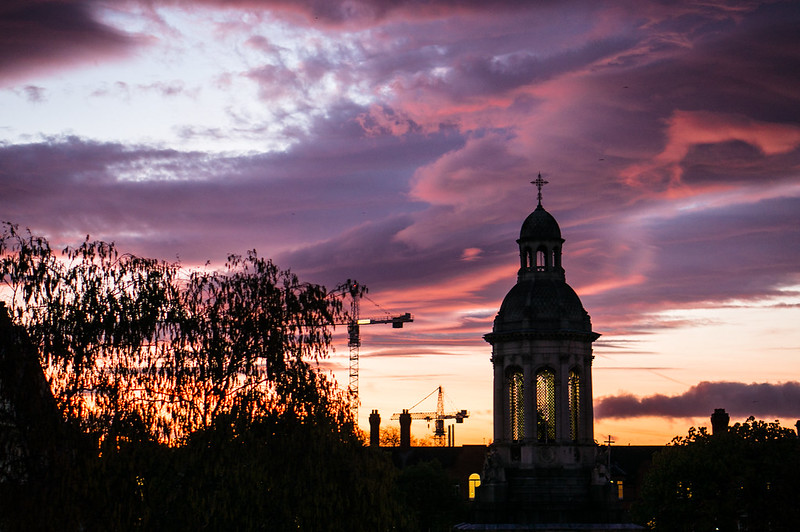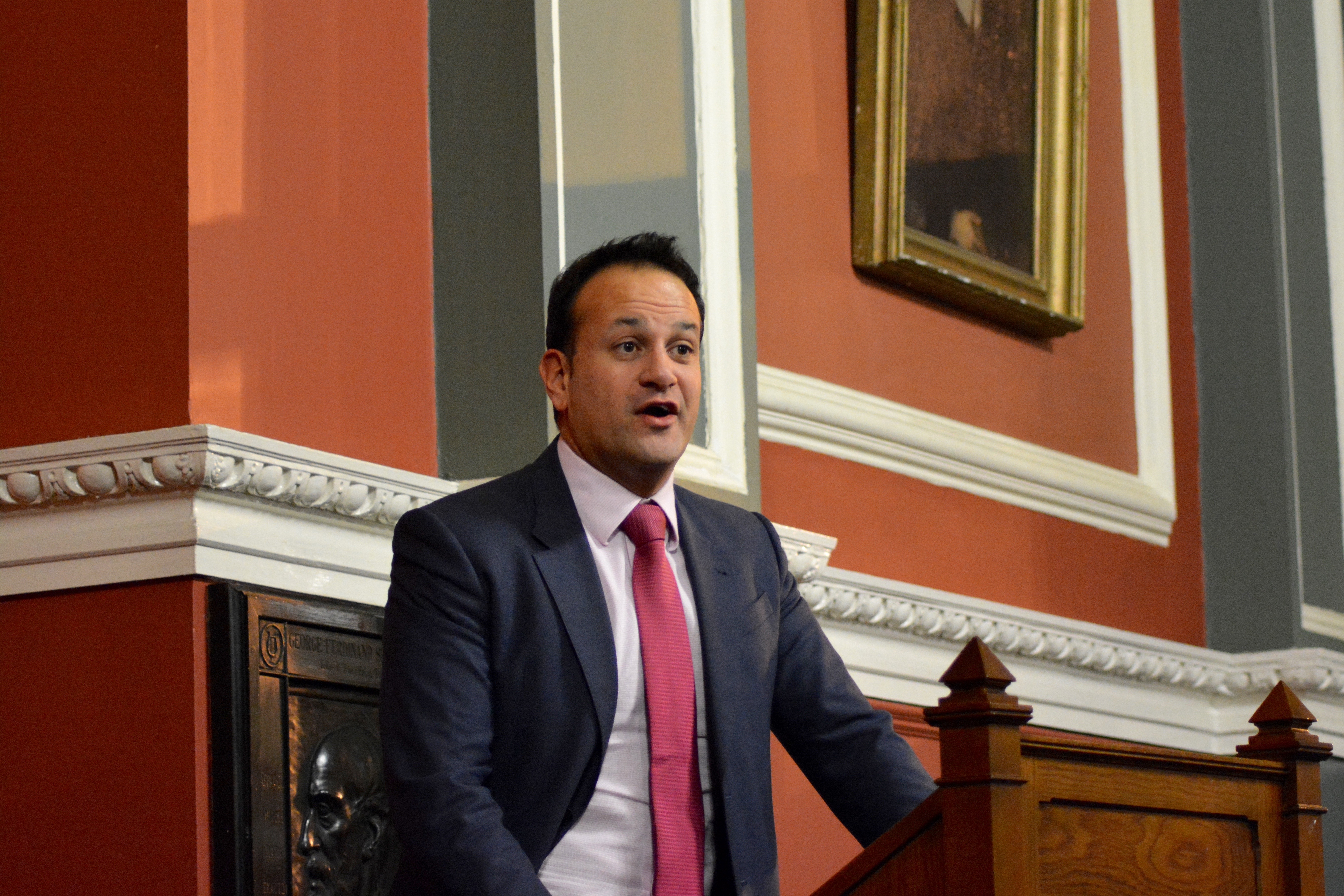When Miss Parkinson, as she would soon be referred to by her lecturers, walked through the Front Gate of Trinity in 1972, she “felt like the little boy with the golden ticket”. The first from her school in Donegal to come to study at Trinity, Siobhán Parkinson found herself embarking on something of a daring and exciting adventure that none of her peers would have the opportunity to experience.
It was this “sheen of the forbidden” that attracted the now well-established author, publisher and former Laureate na nÓg to Dublin. Chatting in her beautifully bright and blue Dublin kitchen over tea and Cadbury’s chocolate fingers, I found this sense of privilege had remained with Parkinson and very quickly realised that a lot more had changed in Trinity since the 70s than just students smoking in lectures and wearing some questionable footwear.
Arriving in Trinity as a freshman can be daunting for any 18-year old, but for Parkinson this dramatic change from the countryside to Dublin was not something to be feared: “I liked change, so I was OK with it. It didn’t overwhelm me, but it took me a very long time to really find my level and find my place.”
We had to do our exams, and we had to do reasonably well, but we weren’t under the same kind of pressure that students are now, and I think there was an awful lot of fun
This desire to find one’s place is a feeling that any former fresher will be able to recall, even if we didn’t like to admit it at the time. Parkinson too remembers her former first-year self’s desire to settle socially: “As an old lady like me, I can identify now that it was actually quite intimidating, but I don’t think I actively suppressed that feeling at the time, but now I can see that it was there.” In order to overcome this Parkinson decided to get involved with some extra-curricular activities. Reflecting on her days in the Dublin University Judo Club, the University Philosophical Society (the Phil) and the English Literature Society (now Trinity Literary Society, known as Lit Soc), Parkinson explains how many of her closest friends were in the year behind her: “That was just a fact about me that I had friends in the year behind me. But I realise now that that was probably because it took me that long to get to know how to make friends.” Knowing how to make friends in Freshers’ Week can be a daunting prospect, but by taking on the challenge at her own pace, she was able to comfortably find her way.
While many students today feel anxious at the thought of how they will rise to the academic challenges that lie ahead, Parkinson notes how herself and her fellow freshers felt as though they had “made it”, and all that was left to be done was to revel in the accomplishment that was reaching Trinity. “There was a lot of fun in the English Department in those days”, she says, “I think there wasn’t as much pressure on people to do well. I think once you got into Trinity at all you were considered to have done well, and you were now just going to enjoy it. We had to do our exams, and we had to do reasonably well, but we weren’t under the same kind of pressure that students are now, and I think there was an awful lot of fun”.
This sense of fun was established by students and staff alike, with the likes of Brendan Kennelly and David Norris then the cornerstones of the English Department. “Brendan Kennelly was really everybody’s favourite, and he was such a performer. Every one of his lectures were really a treat, and it was really great. David Norris was also there during my time. He was also quite a character and he was also quite a performer,” Parkinson recalls. It was in these lectures that Parkinson noticed the greatest shift from the education style that she was used to in school. Although a place of fun, it was here that Parkinson was expected to behave in a way that was completely unfamiliar to anything she would have experienced in her academic career thus far: “In general, schools had an awful lot of silly rules, and there was an awful lot of nonsense about being proper young ladies.”
Students were expected to have opinions, which were not favoured at school, but when you got to university it was quite different
At university, Parkinson found herself in a completely different context, where she was no longer treated like a little girl, but looked upon a young adult and expected to behave accordingly: “Students were expected to have opinions, which were not favoured at school, but when you got to university it was quite different,” she says. While forming opinions was never difficult for Parkinson, she remembers “you were expected to have them and you were expected to articulate them. And that was the hard part, being able to articulate them and being able to argue”.
While Parkinson had the advantage of being confident in her decision to study English literature and German, the transition to university learning can be made even more complex for students who are unsure that they’ve chosen the right degree. Often, this uncertainty stems from the pressure that is placed on students to choose a degree that will naturally lead down a specific career path. As an arts student, waves of feeling like a future unemployment statistic are not uncommon, but these sentiments can often be overwhelming for freshers in their first few weeks at Trinity. However, Parkinson decided to view as “liberating”. An arts degree was a space where “you could do anything, and you could change your mind”, she says.
Between lectures, life in Trinity was quite different to what we have come so accustomed to, Parkinson later explained. While today the main neutral territory between the Arts Block and the Hamilton is the Pav – “that awful word that I won’t pronounce, because it’s the Pavilion!” – students in Parkinson’s time preferred to sit beneath the vaulted ceiling of the Buttery, which was then a cafe and bar. Only occasionally did they escape to read and sometimes exploit the honorary cake system in Bewley’s Cafe, on Grafton St, which allowed customers to help themselves to the many cakes on offer, and then trustingly asked of them how many they had eaten upon their departure. If not in Bewley’s, students could often be found enjoying the atmosphere of the dimly lit but oh so cool Captain America’s.
People hated that because it meant that you couldn’t go grape picking, which was the big job at the time that students did, but Trinity students couldn’t do it because they were doing their exams
With exams in September instead of at the end of the year, students swapped the end of term stress for a summer of studying, which pleased some more than others. “People hated that because it meant that you couldn’t go grape picking, which was the big job at the time that students did, but Trinity students couldn’t do it because they were doing their exams”, Parkinson says, “People also hated the idea that they were supposed to spend the summer studying, but I loved that! I thought it was great … I was a real nerd”. But if September exams meant summers of studying, they also had the potential to enjoy a summer of on-campus antics. Indeed, Parkinson recalls how one of her friends staged a play in the window of his Botany Bay apartment and kindly invited the President of Ireland to the premier “who then wrote back to say he was otherwise engaged, but wished them the very best of luck.
While Parkinson hopes that freshers of 2016 can look back on their time in Trinity with the same nostalgia as she can, she similarly hopes that they could take advantage of her experiences from that very first week. In her final words to our freshers, Parkinson advises them to “just enjoy it, because you will, if you let yourself”. Decide that these years ahead will be some of the best in your life, just as they were for Parkinson, and I assure you, they will be.
